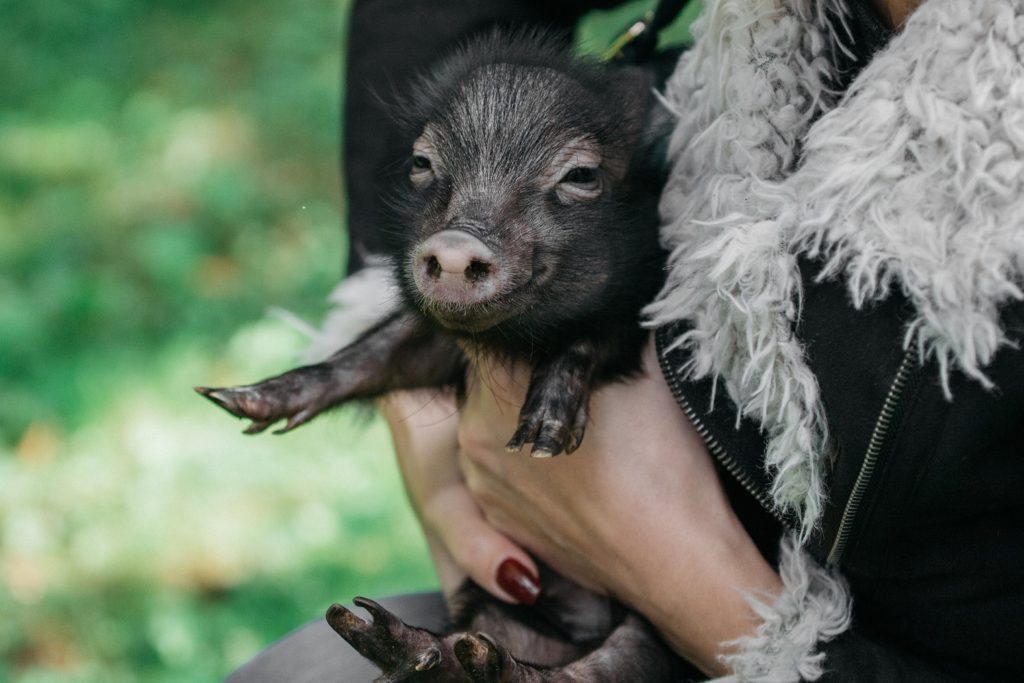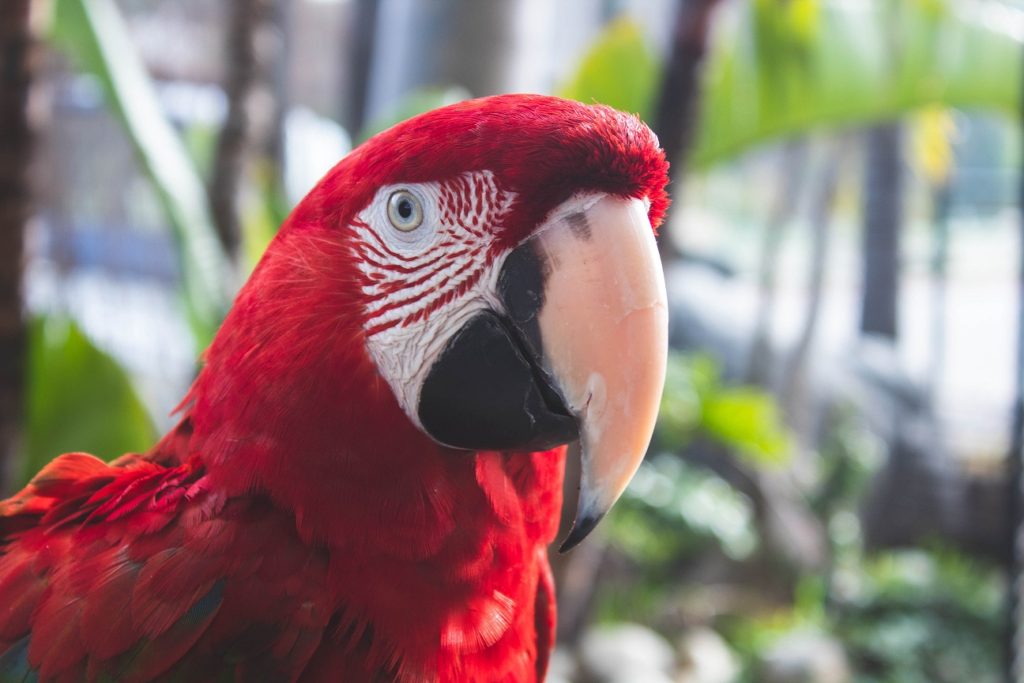So you’ve researched basic care for your exotic pet, and you feel confident that you can provide them with all the necessities of life and the comforts of home. Excellent! But don’t think you’re done yet. Part of being a responsible exotic pet owner is being prepared for the unexpected and the inconvenient. In addition to basic care, you need to plan ahead for what you’ll do with your pet if they get sick, if you need to travel, or if there’s a possibility that your pet will outlive you.
Exotic Pets Need a Special Vet
You may have the best dog and cat vet in the world, but they’re not going to be much help when you need treatment for a sick hamster. That’s right. As we discussed in our previous post, hamsters may be one of the most common children’s pets in America, but they’re considered an exotic when it comes to veterinary treatment. If it’s not a dog, a cat, a horse, or a farm animal, you have an exotic pet—whether you know it or not. And exotics require special treatment—which means a veterinarian who’s had special training.

Before you bring your new pet home, call around to see if there are veterinarians in your area who treat that type of animal. Get recommendations from other exotic pet owners in the area, and visit the clinic to meet the staff and ask questions. Once you bring your pet home, it’s a good idea to set up a wellness exam with their exotic vet to establish care. That way, if anything comes up, your pet is already registered as a patient and has a vet who has met them and knows their history.
Cash with a Capital C
Becoming licensed as an exotics veterinarian takes extra time and money, plus continued training to stay up-to-date on all the latest developments. That means that you’ll be paying extra for your vet’s expertise. Even a basic wellness exam will likely cost more for a guinea pig than it does for a cat. That’s just the way it is. Rather than trust to luck, plan ahead and contribute to a savings account specifically for your pet. The likelihood is—you’re going to need it!

A Good Petsitter is Hard to Find
Travel plans? It’s easy to find someone who’ll open a can of cat food or let Fido in the backyard to go potty. But if you need someone to handle crickets and mealworms, defrost frozen mice, or put a leash on your potbellied pig, you could be in for a long search. If you have friends with similar pets ask if they’d be interested in swapping pet-sitting services, or find out who they use when they’re out of town. Your vet or local shelter might be able to recommend a trustworthy exotics sitter. You can also join a Facebook or other online group of exotic pet owners in your area for advice, support, and recommendations.

Let’s Talk Lifespan
Most of us expect to outlive our pets, and in most cases we will. But some pets, such as turtles and parrots, may still be going strong long past the time when you’re able to care for them. Even pets with shorter lifespans may still be around when you’re experiencing major life changes like leaving for college, starting a family, or moving across the country. As a responsible pet owner, you need to be aware of your pet’s potential lifespan, and make plans to ensure they are properly cared for in every eventuality.

Still feeling good about welcoming an exotic pet into your life? Exotics are a lot of work, but they can make incredibly unique and rewarding companions when properly cared for. There are just a few more things you must know before getting an exotic pet though, so stay tuned for Things You Must Know Before Getting an Exotic Pet — Part 3: The Nitty Gritty.



